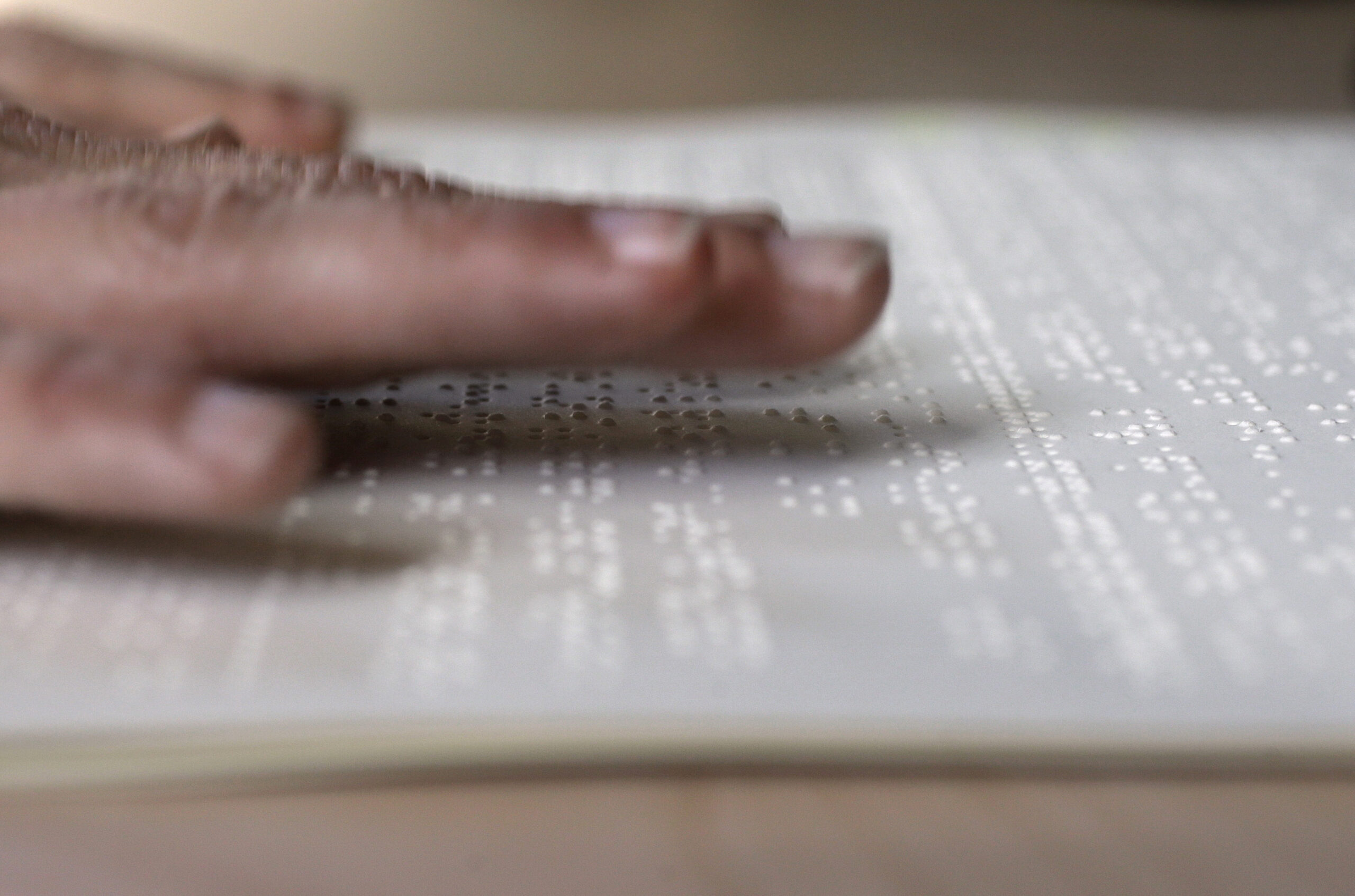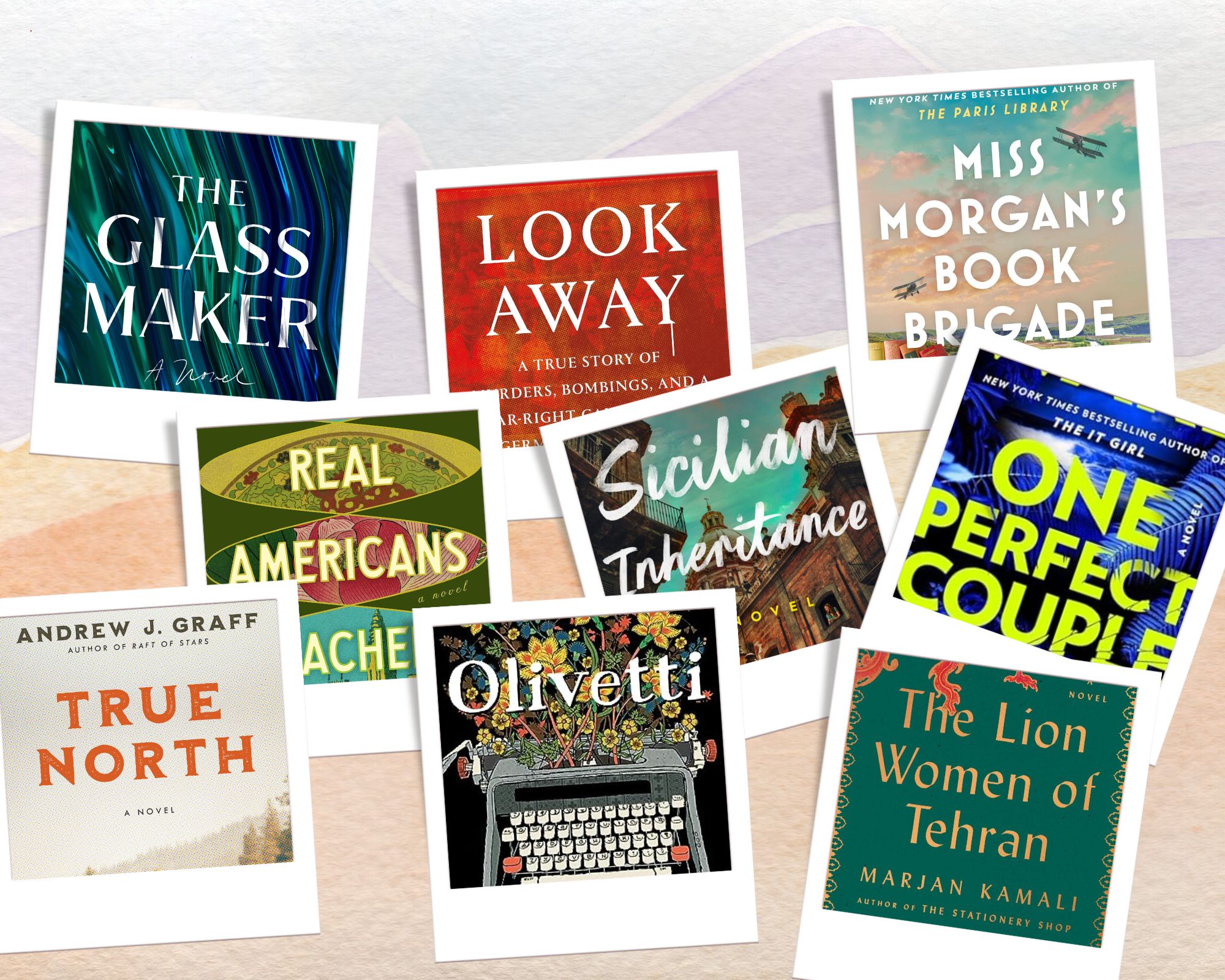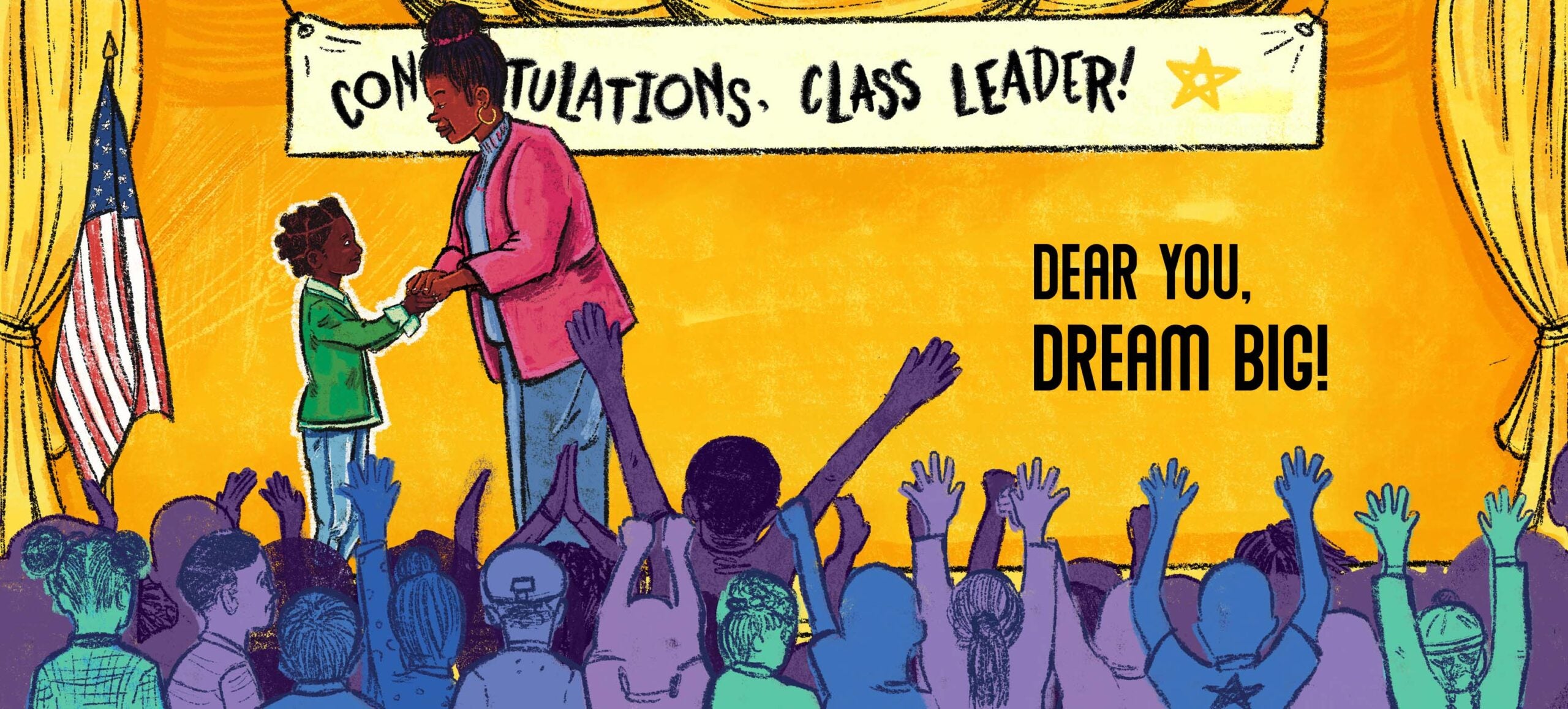This summer’s extended reading list from the Wisconsin Talking Book and Braille Library includes Midwestern themes and Wisconsin authors. Everything on the list is available in multiple reading formats so it is accessible for most people.
Often, Wisconsin authors record their audiobooks in the state with the Audio & Braille Literacy Enhancement program, which is based in Milwaukee. The program’s legacy extends back almost 60 years when volunteers ran it.
Katie Saldutte, outreach librarian for the library, told WPR’s “Wisconsin Today” the library works closely with the Audio Braille Literacy Enhancement program to provide free reading assistance services and technology for eligible Wisconsinites of all ages.
Stay informed on the latest news
Sign up for WPR’s email newsletter.
In addition to different types of visual impairment, eligibility for the program encompasses a range of disabilities. Examples include physical disabilities that prevent people from holding a book, such as Parkinson’s, and reading disabilities, such as dyslexia.
Also on “Wisconsin Today,” Saldutte previewed titles from this year’s summer reading list and explained the value of different styles of reading.
The following was edited for clarity and brevity.
Rob Ferrett: What are some things you’re excited to see on this year’s summer reading list?
Katie Saldutte: The one that I’m most excited about is “Firekeeper’s Daughter.” We have an author talk with the National Library Service for the Blind and Print Disabled, and the author Angeline Boulley is speaking to our patrons. It is going to be on Zoom because it’s nationwide.
She’s writing about a young adult in the Midwest who is part Native American. It’s suspense. She solves a mystery going on in her tribe. I’m really looking forward to listening to (Boulley) talk and (hear) how she got inspiration for the book. Even if you’re not into young adult books, it’s well done and very enjoyable.
Some of the other cool Wisconsin books that we have are … done by an organization we work really closely with, Audio & Braille Literacy Enhancement (ABLE). They provide us with Wisconsin books that some of our Wisconsin readers might really enjoy, including, of course, some favorites like the Loon Lake series and the books by John Gurda. We have our famous local author Nghi Vo, who records books here, which is really cool.
Now, those are adult books. We do also have a lot of kids’ books. And one of the really cool kid books that ABLE recorded is a book called “The Adventures of Marshmallow and Peter,” which the Librarian of Congress is actually going to read at the summer reading kickoff.
Marshmallow is actually the name of the white cane that Peter uses because the tip of his white cane looks like a marshmallow. Now, this is a little boy who actually wrote this book, and he is blind. So, we were super excited that ABLE recorded this book here for us. We have it in both audio and Braille.
RF: As somebody who reads print and listens to a lot of audiobooks, I’m good either way. Do you feel like there’s more acceptance around the idea that different forms of reading still count? Do you think people are buying into that more?
KS: You know, I do think people buy into it more. But I still hear a lot of pushback from people: “Oh, I listen to an audiobook when I’m feeling lazy,” or, “I don’t need that.” It’s amazing, the shame people feel around it. And I hear that, too, with people who have vision loss who are embarrassed about it and don’t want to admit to needing any kind of alternative service. So, I hope it will change. But it’s definitely still a struggle.
We’re so caught up on the idea that reading with your eyes is the best way to do it. We forget that that might not be the best way for everyone. Instead of judging people for how they learn, we need to work with it and make it better.
RF: What services and reading options are available in the Wisconsin Talking Book and Braille Library?
KS: We can provide access to audiobooks. Braille material. We have magazines. We have audio-described DVDs. We have audio newspapers they can listen to over the phone. We have tons of accessible material.
We can mail you a player and audiobook player. We can mail you the tapes. We can mail you the refreshable Braille reader or you can download the materials yourself. We have a huge collection … over 130,000 audiobooks. We also have downloadable Braille books. So, if you get the refreshable Braille reader, you can actually download your Braille right to your reader.
RF: How can people take the first steps to participate?
KS: Call us at 1-800-242-8822 or 414-286-3045. We will mail you a paper application. And then once we get that application, we can start you up.






